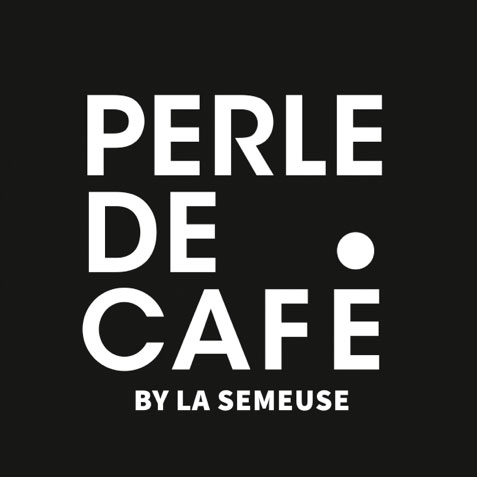Mini Panier
Prix de la Durabilité
ProMarca 2025
Le Prix de la Durabilité ProMarca 2025 a été décernée à LA SEMEUSE, une distinction qui récompense son engagement concret en faveur du climat, de la biodiversité et de l’humain. Depuis plus de 30 ans, l’entreprise innove pour rendre la culture et la consommation du café plus responsables, de la plantation jusqu’à la tasse.
Un engagement pionnier depuis 1992
Dès 1992, La Semeuse s’impose comme pionnière du café durable en Suisse en lançant l’un des premiers cafés certifiés biologiques et labellisés Max Havelaar : le Café Soleil-Levant.
En 2020, elle franchit une nouvelle étape en supprimant l’aluminium de ses emballages pour le remplacer par le GenProtect, un matériau composite issu de ressources renouvelables, développé avec O. Kleiner (AG).
Ces engagements lui valent notamment le titre de Torréfacteur Suisse de l’Année 2021 par le magazine CREMA. En 2024, la marque renforce son positionnement avec le lancement de la gamme Le Café Bio-Éthique, garantissant biodiversité, pratiques éthiques et juste rémunération des producteurs.
Transition énergétique et site à énergie positive
Après la tempête de 2023 à La Chaux-de-Fonds, La Semeuse accélère sa transition énergétique. Son nouveau centre logistique du Crêt-du-Locle (5’000 m²) incarne cette démarche :
- Charpente en bois
- Panneaux solaires sur toiture et façades
- Pompes à chaleur pour chauffage et climatisation
Ce bâtiment est à énergie positive, produisant plus d’énergie qu’il n’en consomme. La même philosophie guide l’agrandissement du site de torréfaction, équipé de technologies de dernière génération pour réduire la consommation et les émissions directes de CO₂.
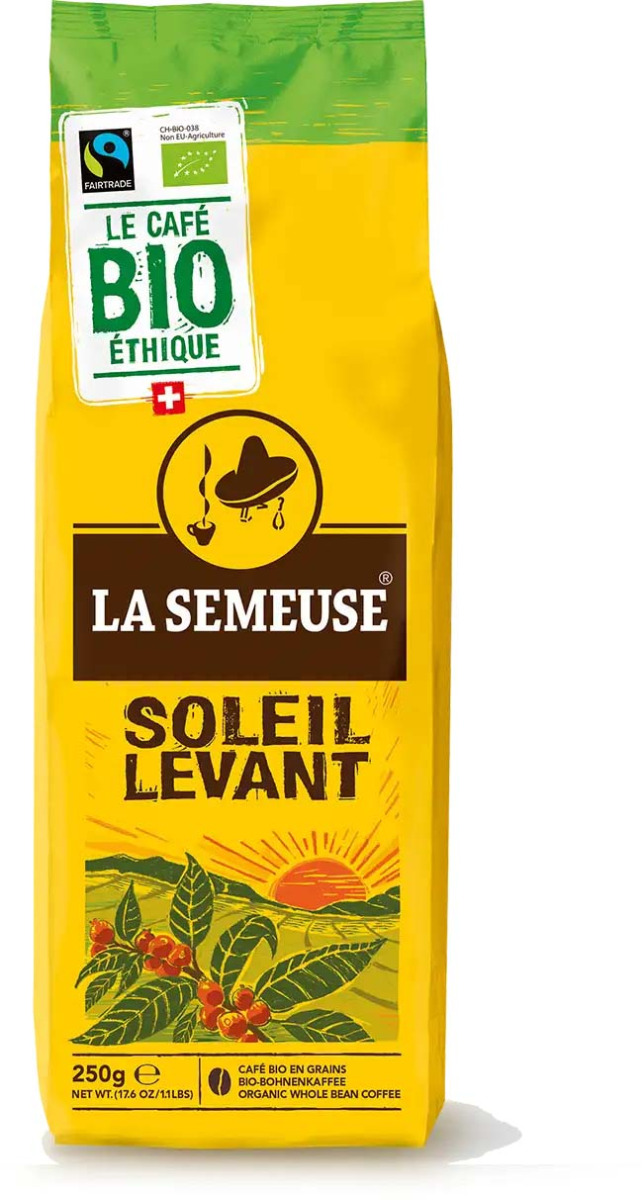
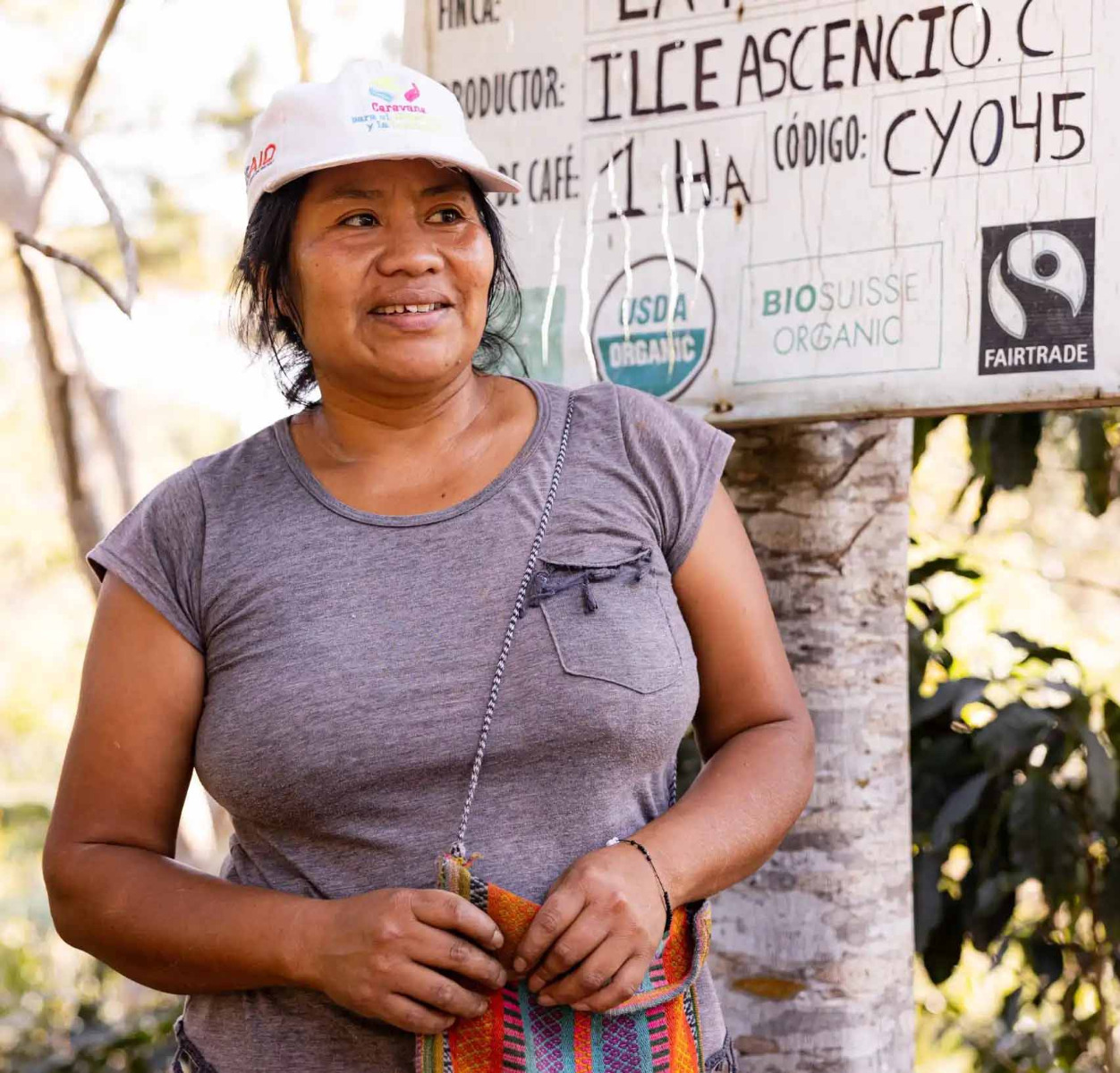
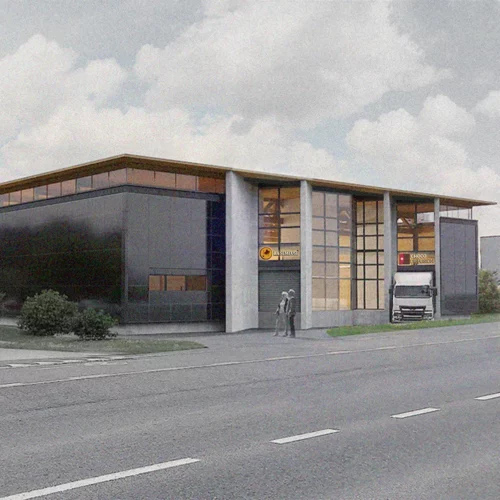
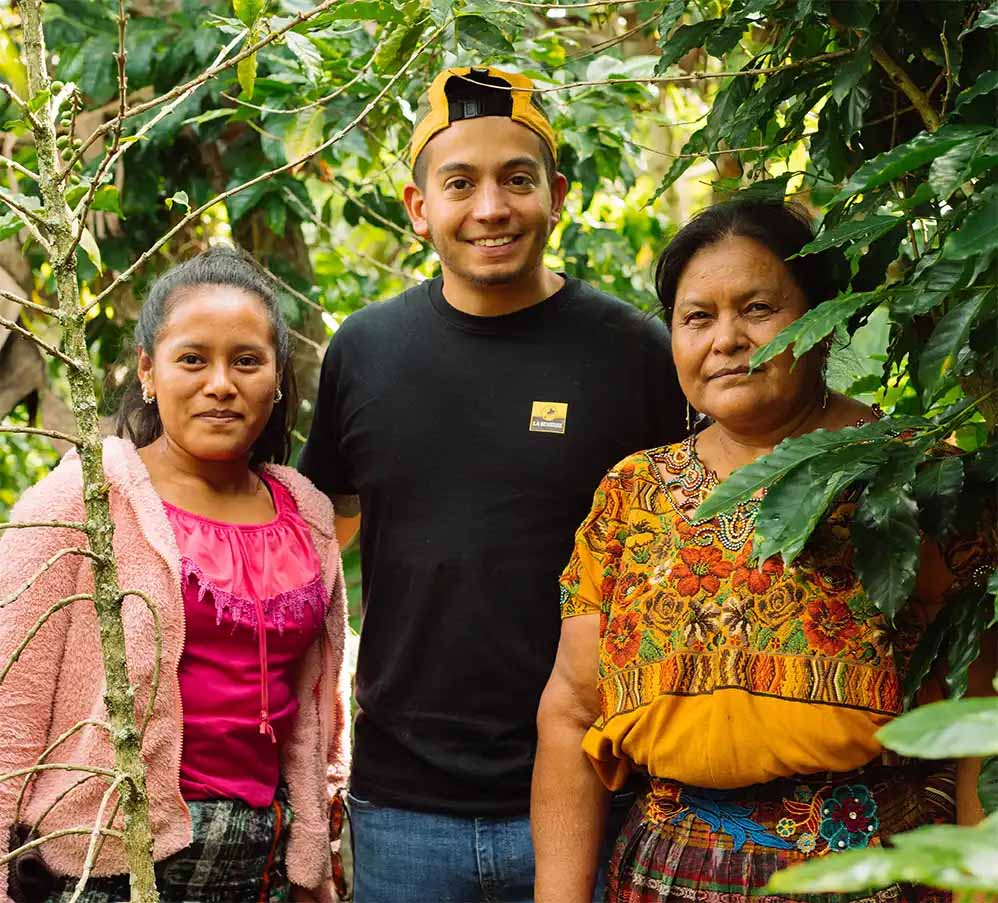
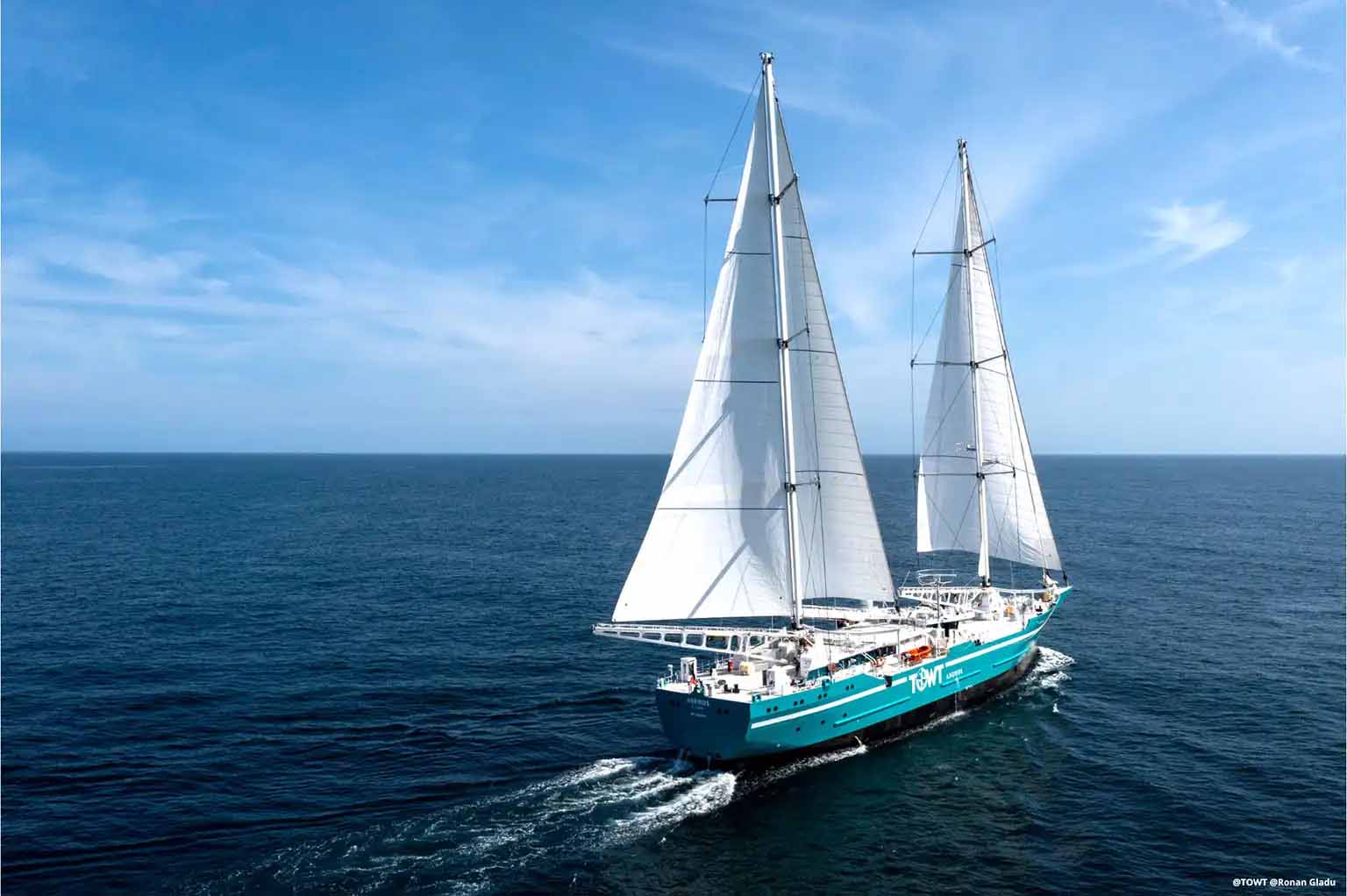
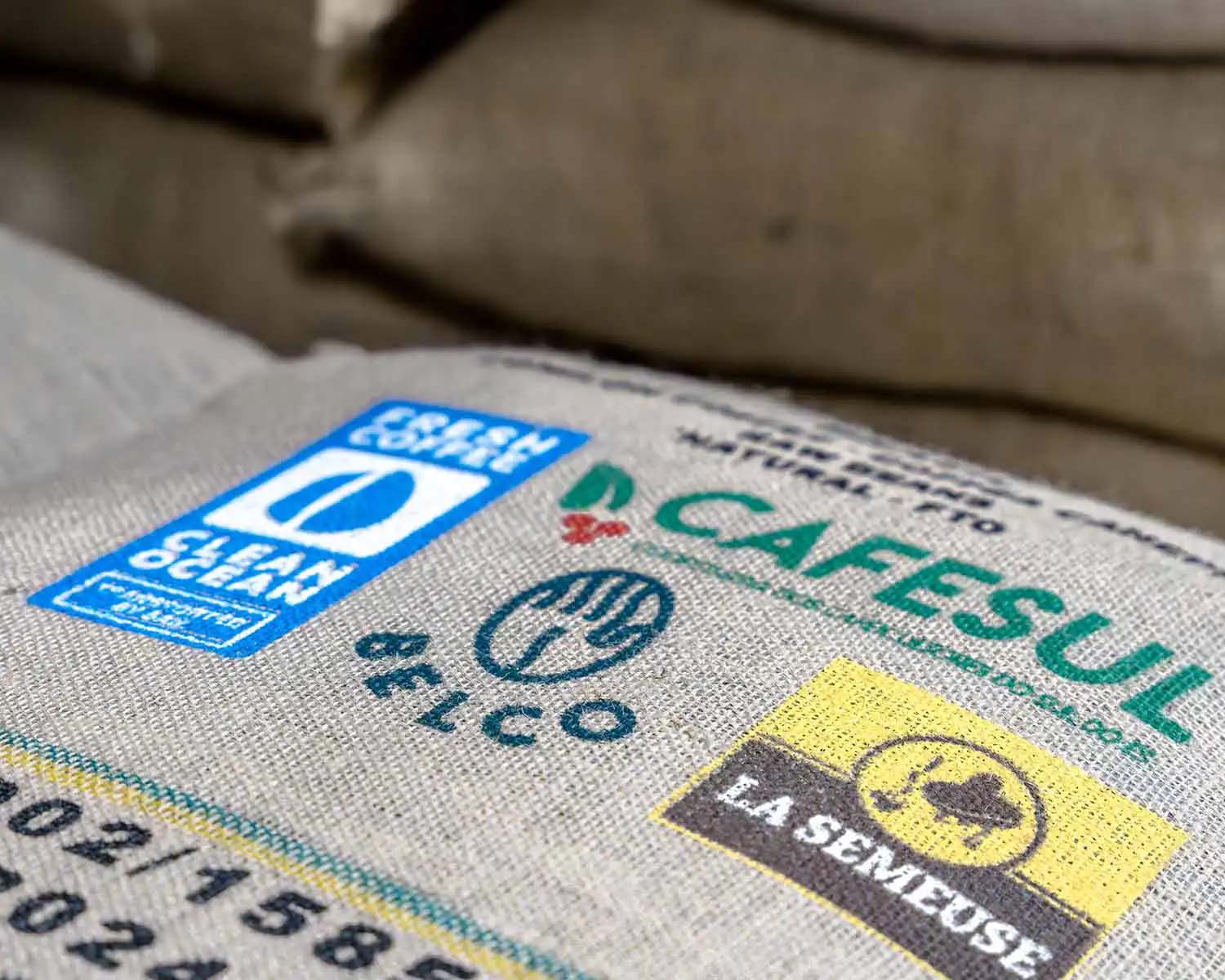
Soutien aux producteurs et impact global
La Semeuse agit à chaque étape du cycle de vie du café :
En Colombie, elle soutient la plantation Entre-Sierras avec des formations en biodiversité et en agriculture biologique.
Au Guatemala, elle valorise le café Doña Juana, produit par des femmes de la coopérative Asproguate dans le cadre du programme Fuerza de Mujer.
Ces projets permettent d’améliorer la qualité du café tout en réduisant les émissions de gaz à effet de serre.
Café Caravela : un transport à la voile
En 2025, La Semeuse devient l’une des premières torréfactions de Suisse à importer son café par cargo-voilier, en partenariat avec TOWT. Le Café Caravela, venu du Brésil, traverse l’Atlantique en 28 jours sans moteur.
Les résultats sont spectaculaires :
–95 % de CO₂
–98 % d’oxydes de soufre
–92 % d’oxydes d’azote
–100 % de méthane
Au-delà du climat, la voile réduit aussi les nuisances sonores et protège la faune marine.
Une vision inspirante pour l’avenir du café
Avec ses partenaires (BELCO, Bio Suisse, Bio Europe, TOWT, O. Kleiner), La Semeuse confirme sa volonté d’intégrer la durabilité à tous les niveaux de son activité.
Son ambition ? Montrer l’exemple, tracer une voie durable et inspirer l’ensemble du secteur caféier suisse et international.
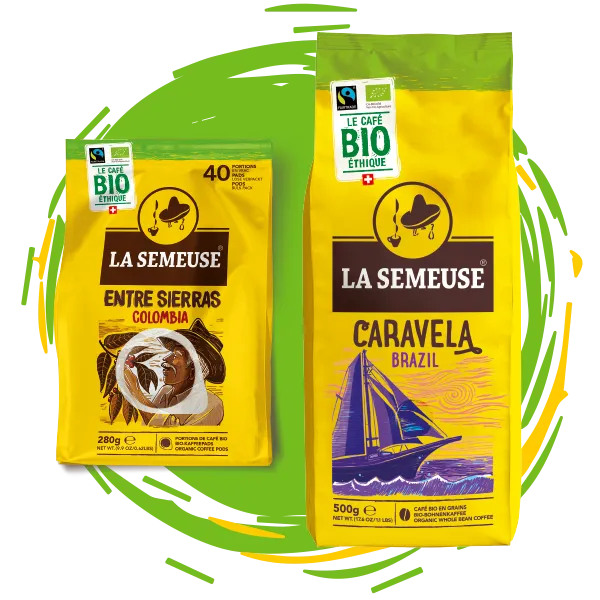
La gamme Bio/Ethique de La Semeuse
Cette prise de position pour un commerce responsable préoccupe notre torréfaction depuis 1992 : La Semeuse ayant été une des toutes premières torréfactions de Suisse à proposer un café certifié Fairtrade Max Havelaar et de culture biologique.
L'engagement de La Semeuse envers la qualité et la responsabilité sociale en fait un choix idéal pour les amateurs de café soucieux de l’environnement et du commerce équitable.
Newsletter
Inscrivez-vous à notre newsletter pour recevoir nos offres exceptionnelles et pour participer à nos concours !




